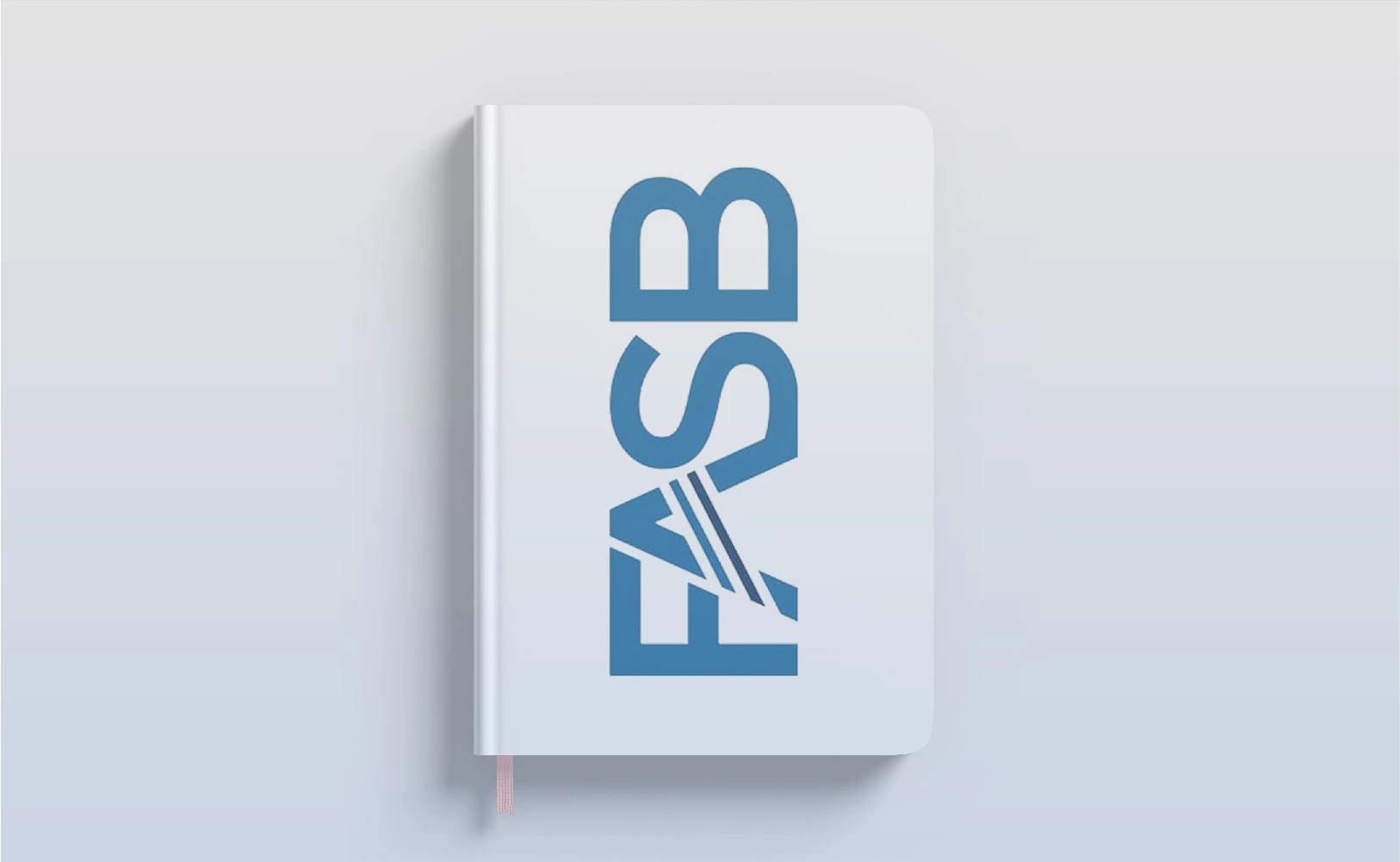Richard Jones will take over as chairman of the Financial Accounting Standards Board in December 2020. (FASB).
Jones described a list of high-priority initiatives that he wants to tackle under his leadership after meeting with stakeholders in early 2021.
a wide overview
The FASB is in charge of developing and updating the United States Generally Accepted Accounting Principles (GAAP), which are the standards that many domestic companies use to disclose their financial reports to the outside world. Jones said in a recent interview that the FASB should be "very open" when developing and updating accounting regulations.
He also urged all stakeholders, including investors, CPAs, non-profits, and companies, to work together.
to communicate with the FASB regularly “Participation is an important part of our mission; we need external input to work and set standards,” Jones explained. He aims to gain a better understanding of the world in which stakeholders operate so that he can prioritize initiatives and set comment periods that consider their feedback.
Jones expects to face many obstacles in the coming year, given that his term started during a global pandemic with major economic consequences. Furthermore, he said that technological advancements and a transition to one-party control of Congress and the White House could have an impact on the FASB's future course.
Topics of Interest
Jones' latest interview also sheds light on the FASB's existing project list, which contains the following high priority initiatives.
EBITDA (earnings before interest, taxes, depreciation, and amortization),
environmental, social, and governance (ESG) disclosure laws, are non-GAAP steps.
Presentation of the cash flow statement.
debt classification,
goodwill,
government aid.
segment reporting.
Jones said the FASB and the International Accounting Standards Board have “great communication” when asked about the status of global convergence initiatives (IASB). He intends to collaborate with the IASB on "projects of shared interest" in the future.
After-Implementation Evaluations
Jones emphasized during the interview that FASB requirements are subject to "continuous change." As a result, he intends to perform a post-implementation analysis of the recently adopted revised requirements for revenue, rentals, and credit losses. After being implemented by public companies, these major programs usually require fine-tuning to make the guidelines more effective and to make it easier for smaller organizations to comply with the changes. The evaluation process normally takes several years, and the FASB is just beginning to look at these criteria.
Conclusion
Finally, Jones discussed the effect of technology, such as artificial intelligence and software advancements, on the FASB's standard-setting process. He pointed out that technology has made it easier for investors to access and process vast amounts of data, resulting in a need for more disaggregated reporting..
With the complexities of financial regulations and technology's impact on reporting, the role of Financial Advisors in New Jersey is more important than ever. They provide essential guidance to navigate these changes effectively.
In recent years, the FASB has been relatively quiet as businesses worked to implement changes to the revenue, rents, and credit losses requirements. With a new chairman in place, the FASB is in a good position to restart rulemaking in key areas.
Related Articles
Services provided for you
Bookkeeping Services in Clifton, NJ
We serve a range of industries and customers, in an organized, friendly, and reliable way.
Business Tax Services
We are in a position to identify tax planning shots that reduce both your current and future tax liabilities.
Individual Tax Services
We gauge our worth by the personal and business successes of our clients and industries.
Payroll Services
For small and large corporations, payroll systems, highly qualified payroll experts support our services. Our primary objective is to provide customized services and highly favorable pricing for you.
Non-Profit Organization Services
Precision Accounting Intl can assist you set up and maintain your non-profit organizations nontaxable standing by handling all the authority reportage for you.
Part-Time CFO Services
If you"re ready enough to be in this role. Our Part-Time CFO Service Package provides you with a knowledgeable financial manager who will work with you to help guide the progress of your business.











